Health systems have spent billions on portals while investments in modernizing the voice channel — the dominant preference of healthcare consumers — have taken a backseat

Patients and caregivers call hospitals for many reasons, including to make an appointment, inquire about a loved one’s condition, ask for a prescription refill, get directions, or in a medical emergency. Answering the phone and navigating callers to the right resources is a complex process in a large health system. Underperformance has major cost implications because hundreds of millions of calls are handled each year across the continuum of care. Rising consumerism in healthcare means that people are more motivated than ever to choose healthcare brands that offer a better experience and a higher quality of care. Organizations that empower consumers to access and manage their healthcare quickly and easily in whatever channels they choose, will become the leaders of the healthcare ecosystem.
At a time when it’s easy to schedule an appointment online, the majority of healthcare consumers still want to talk to a human being. Eighty-eight percent of healthcare appointments are still scheduled by phone and that process takes eight minutes on average! Health systems that don’t figure out how to best manage the balance between automation and human support will lose money, have lower patient satisfaction scores, perhaps trigger lower CMS reimbursement rates, and risk losing patients altogether.


